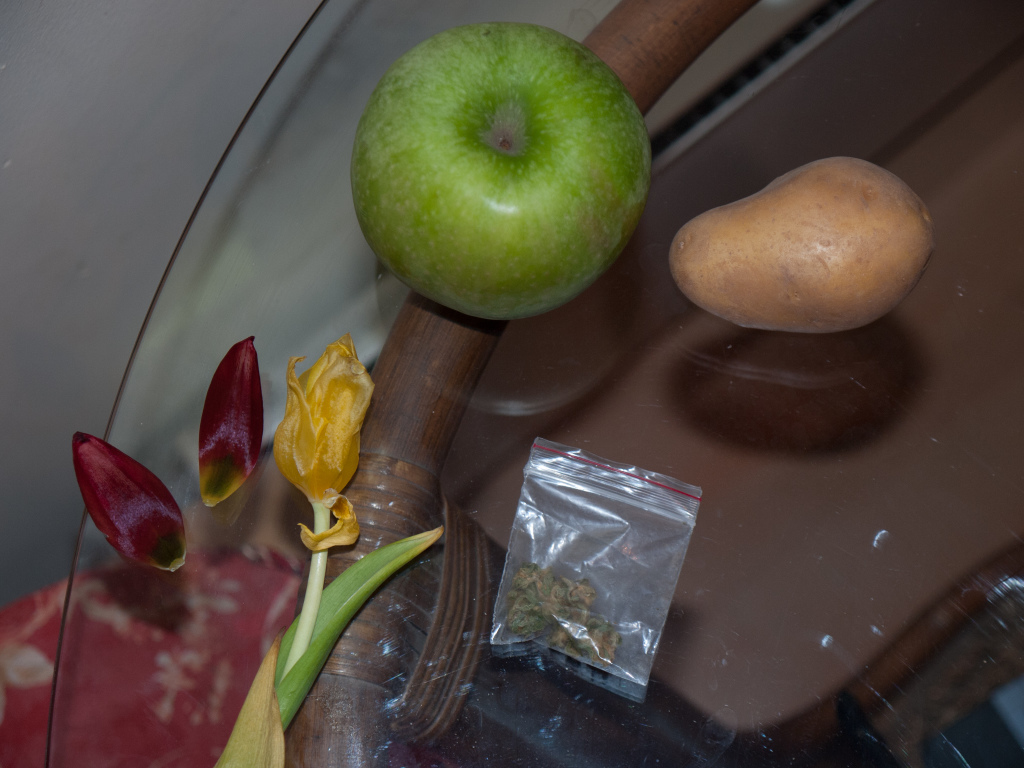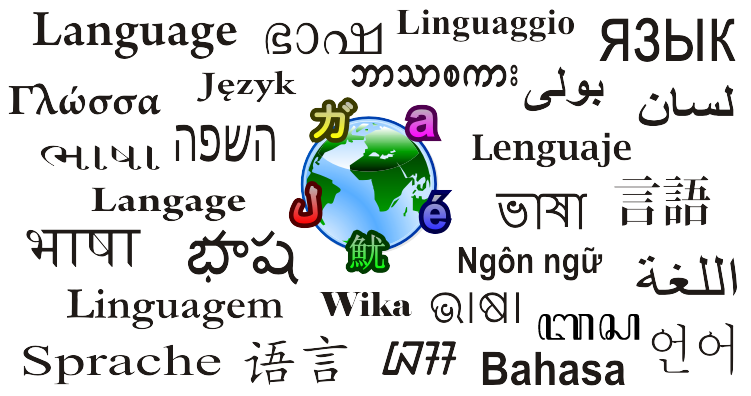My rating: 5 of 5 stars
Το αγόρασα για τη μάνα μου· το διάβασα πριν προλάβει να το ανοίξει μεν, αλλά άφησα και αρκετό χρόνο στο μεταξύ για να μην φαίνεται ότι της το αγόρασα κυρίως για να το διαβάσω εγώ δε! Καλό αυτό με τους γονείς!
Ας ξεκινήσω λέγοντας ότι είχα γνωρίσει μέσω της Πολιτισμικής Τεχνολογίας τον Soloúp από κοντά πριν αρκετά χρόνια—πάνε έξι σίγουρα—στην Μυτιλήνη την οποία περιγράφει στην αρχή του βιβλίου. Ήταν για την παρουσίαση του «Είναι κανείς εγώ;». Είχα εντυπωσιαστεί από την απλότητα του, με την καλή έννοια πάντα, και από την συμπάθεια που μου ενέπνευσε, κι από τότε τον διάβαζα περιστασιακά και απολάμβανα τις εύστοχες γελοιογραφίες του με θέμα την επικαιρότητα. So, I’m biased! Πίσω στην Μυτιλήνη: έχοντας κι εγώ μια πολύ ιδιαίτερη σχέση με αυτή την πόλη, έχοντας ζήσει εκεί πέντε απ’τα καλύτερα μου χρόνια, ένιωσα αμέσως τι ήθελε να πει ο ποιητής.
Γιατί κι εγώ πέρασα Απέναντι όσο ήμουν εκεί. Τρεις φορές επισκέφθηκα το Αϊβαλί όσο έμενα στην Μυτιλήνη, και μια φορά πήγα στην Τζούντα/Μοσχονήσι. Και η δική μου οικογένεια, μέρος της τουλάχιστον, διώχθηκε από τη Σμύρνη, και από εδώ που βρίσκομαι τώρα, από τη Νέα Σμύρνη, αναρωτιέμαι και μαζί με την μητέρα μου το παρελθόν των συγγενών από έναν άλλο κόσμο. Πριν 2 χρόνια ανοίξαμε για πρώτη φορά ένα γράμμα που το είχε γράψει ο θείος απλά για να καταγραφούν κάπως όσα έζησε τις ημέρες της Μικρασιατικής Καταστροφής. Η μάνα μου δεν το είχε ανοίξει ποτέ επειδή ήξερε ότι θα συγκινήθει.
Τώρα που το σκέφτομαι, όλη μου η οικογένεια, απ’όλες τις μπάντες, έχει το στοιχείο του ξεριζωμού: η αυστραλέζικη οικογένεια του πατέρα μου δεν ήταν πάντα αυστραλέζικη· ξεριζώθηκαν από διαφορετικά μέρη της Βρετανίας για να μεταναστεύσουν για τους δικούς τους λόγους στην άλλη άκρη της Γης. Ο πατέρας μου, με τη σειρά του, εγκατέλειψε τον Νέο Κόσμο για να έρθει στον Παλιό, στον πολύ Παλιό. Ο έλληνας παππούς μου ήταν από την Κλειτορία Αχαΐας, όμως στον πόλεμο το χωριό του καταστράφηκε από τους Γερμανούς (και μετά δούλευε για τη Siemens και η μάνα μου έγινε καθηγήτρια Γερμανικών… αυτό κι αν θα πει έλλειψη προκαταλήψεων!) και έπρεπε να έρθει στην Αθήνα, όπου βέβαια γνώρισε τη γιαγιά μου στη Νέα Σμύρνη. Όλη μου η πρόσφατη οικογενειακή ιστορία είναι μια διαρκής μετανάστευση, γι’αυτό το Αϊβαλί μου μίλησε βαθιά.
Και δεν είναι τι μου είπε. Είναι πώς το είπε. Με τόση ευαισθησία, σεβασμό στην ακρίβεια στην πηγή αλλά και διαφορετική ερμηνεία και παραλλαγή όπου χρειαζόταν· αρμονία· όμορφα σχέδια, με βάθος, όχι τεχνικό απαραίτητα, αλλά αλληγορικό, αυτό το intuitive αντί του sensing. Επίσης είχε, και φάνηκε πολύ, απεριόριστη αγάπη γι’αυτό το κομμάτι της ιστορίας το οποίο τόσο πολύ έχουμε ξεχάσει τόσο σύντομα, για την ιστορία της ειρηνικής συνύπαρξης που διακόπηκε από τους πολέμους και την Ανταλλαγή. Αλλά έτσι λένε, πως οι τρίτης γενιάς και μετά επιθυμούν πραγματικά να ψάξουν τις ρίζες τους μετά από τέτοια τραυματικά γεγονότα σε επίπεδο εθνών.
Υπάρχει αυτές τις μέρες, όπως φαίνεται και από την ίδια την κυκλοφορία αυτού του βιβλίου και την αναζήτηση που την ενέπνευσε, νέο ενδιαφέρον για τις ιστορίες αυτής της άλλης τόσο συγκινητικής εποχής. Ο Soloúp γράφει στο τέλος του βιβλίου ότι ήθελε να χρησιμοποιήσει το υλικό που ερεύνησε ώστε να κινήσει το ενδιαφέρον στους αναγνώστες για τις πραγματικές πηγές και τα πραγματικά βιβλία που μίλησαν για ό,τι συνέβη. Για μένα πάντως το κατάφερε 100%, και γρήγορα ανακάλυψα πως η μάνα μου ήδη έχει μεγάλο μέρος της λίστας των προτεινόμενων. Σας έρχομαι!
Τέλος, πολύ σημαντικό για μένα, ήταν και η θέαση της άλλης μεριάς, πώς η Καταστροφή ήρθε και ως απάντηση σε μια σειρά ελληνικών φρικωδιών στην Μικρασιατική Εκστρατεία αλλά και πώς οι Τούρκοι βίωσαν την ανταλλαγή και τα πριν και μετά στην Κρήτη. Κι εγώ θυμάμαι αυτόν τον χάρτη της Κρήτης στο τουριστικό πρακτορείο, αν δεν κάνω λάθος, με το που βγαίνεις από το τελωνείο στο Αϊβαλί.
(ο Soloúp είναι στην Τζούντα, στα παλιά ελληνικά σπίτια, με έναν τούρκο επισκέπτη που ξέρει κρητικά γιατί η γιαγιά του ήταν από την Κρήτη πριν πάει με την Ανταλλαγή στο Τσεσμέ)
Mehmet: Ακριβώς ετουτανά τα σπίθια θανά ‘πρεπε να μας μονιταρίζουνε (ενώνουνε).
Soloúp: Ποια; Τα σπίτια κάποιων ελλήνων νοικοκυραίων που άφησαν τα κόκαλα τους στις γύρω ρεματιές και τώρα μέσα σε αυτά ζούνε τούρκοι;
Mehmet: Ναισκέ, αλλά δε ζήσανε μέσα τούρκοι που εσκλαβώσανε, αλλά τούρκοι πρόσφυγκες «μπομπαντελήδες» (απ’την Ανταλλαγή). «Γκιαουρόσποροι», όπως εβρίζανε και την εδική μου νενέ οι Γερλήδες στον Τσεσμέ. Ετουτανά τα σπίθια βαστούνε δύο ζωές. Μια ρωμαιική και μια τουρκική. Εζήσανε μέσα ντως άνθρωποι με άλλη λαλιά και πίστη. Αλλιώς ονειρευόντανε τη ζωή ντως οι ρωμιοί που τα χτίσανε, αλλιώς οι τούρκοι που τα καμπιτήρανε. Αν είχανε λαλιά τα σπίθια, δε θά ‘χανε να πούνε τόσα για ρωμιούς και τούρκους, όσο για των ανθρώπω τα βάσανα. Ο πόνος είναι ίδιος όποια γλώσσα και να μιλείς. Αν είχανε οι τοίχοι λαλιά, θά ‘χανε πολλά να πούνε για τη βαρβαράδα των ανθρώπω. Για τον κατατρεγμό. Όμως ο καθείς μας στην εδική του μπάντα, μαθαίνει πως τα βάσανα είναι μόνο εδικά του. Η βαρβαράδα πάντα των «αλλωνών». Ετόσας ο πόνος, λέει η Αϊσέ, πως θαν’ εμπορείε να μας μονιταρίσει. Το σπίτι πού ‘φηκε ο παππούς σου στον Τσεσμέ και που το δώκανε στη νενέ μου την κρητικιά.
Soloúp: Να πεις στην Αϊσέ, με τόσο πόνο στις φαμελιές μας, στο τέλος θα βρεθούμε και συγγενείς.
Mehmet: Για να το σκεφτείς… είμαστε και οι δύο εγγόνια της Λοζάνης!
Και οι δύο: Χα, χα, χα!…
Ο καθείς αγαπά την πατρίδα του και τον τόπο των παππούδω του. Σε μας μόνο στσοι μπάσταρδους τση Λοζάνης, ετούτηνα η αγάπη είναι πιο μπερδεμένη.
Μεγάλο έργο. Ευχαριστώ.


















